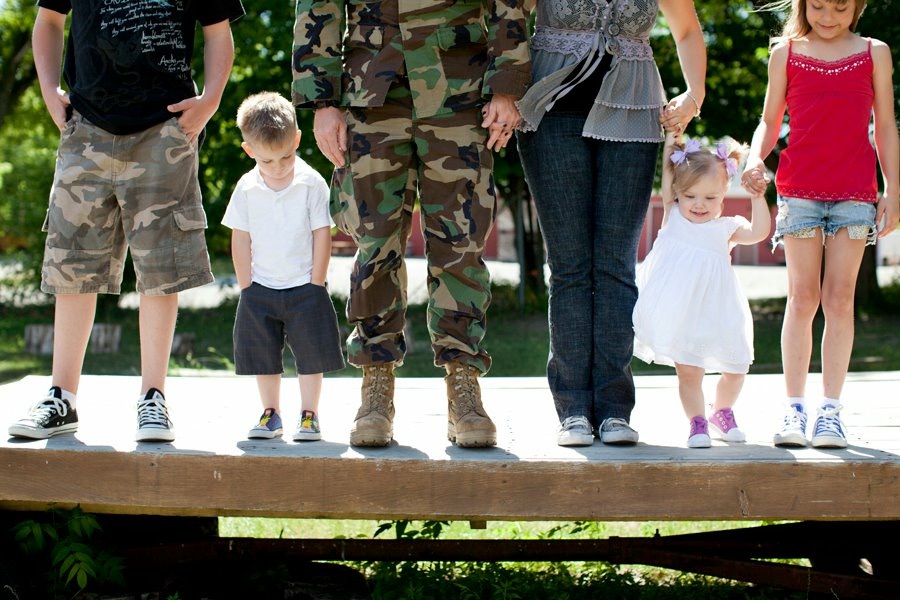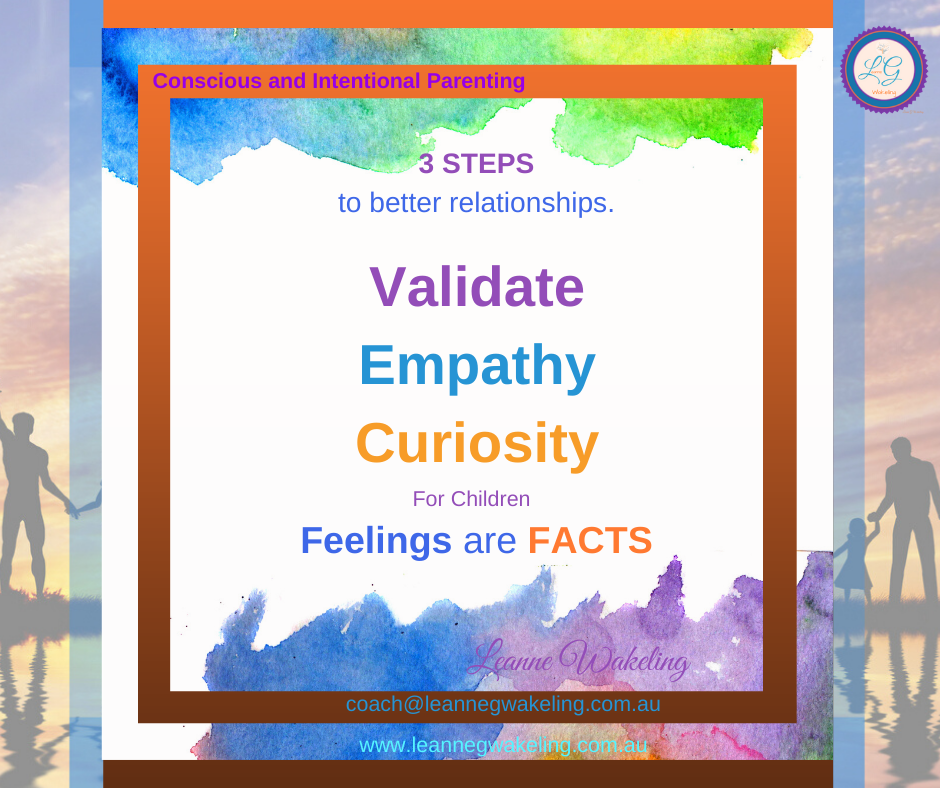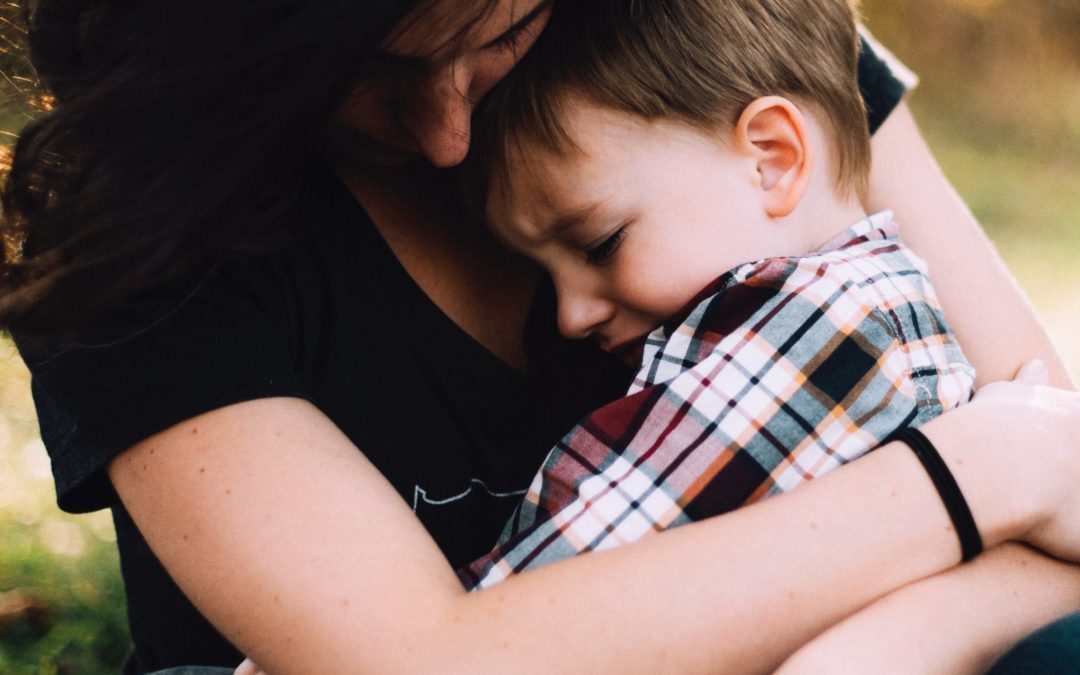I am in desperate need of help. I’m literally in tears right now.
My three and a half year refuses to take medicine.
I have tried everything from hiding it in something, explaining the importance,
Saying I will mix it with anything, even soda.
I just feel like I’ve tried everything.
I always approach it in a calm, positive way and it doesn’t seem to do anything.
You’ve tried EVERYTHING
I get it, sounds really difficult, especially when you believe you’ve tried EVERYTHING.
In these situations, there are a whole lot of layers in play, so things can seem a little overwhelming.

You feel like you are FAILING
As a parent chances are you are worried that you are failing because you can’t get your child to take the medication. You could be worried about what could happen to your child if they don’t take the medication. As a positive parent, you want to respect their boundaries, so you end up feeling stuck.
What’s going to happen, how can I make this child take their medication?
Firstly, is taking the medication the BIGGEST issue that needs to be resolved?
Chances are, if you can solve WHY is the medication a problem to your child, then you may be able to come to a mutually agreeable outcome.
We know that a three year old, and practically any kid under age 10 may not know WHY, however there are other avenues to explore.
Consider exploring what they don’t like about taking medication.
It’s possible they may not know, which is in a way a good thing because it means there is more opportunity to influence their next decision. Although, lots of time it’ll be either, taste, texture or how it makes them feel.
Opportunity
The biggest opportunity that many parents miss is seeking information. Our natural tendency is to head straight into solving the presenting problem. However, what my coaching training has taught me, is that the problem that is presenting to us is very rarely the problem that NEEDs to be solved to create a sustainable solution.
When we look back on our own upbringing, did we enjoy taking medication, chances are, no. How did our parents deal with these situations? Were we “forced” to take it, even when we said NO. Is that the concern that is preventing us from doing the same thing? Are we not wanting to “force” our child because we didn’t like that as a child?

If that’s the case, then go you for appreciating that you want to enable your child to have a different experience to you. The problem is, you are still responsible for ensuring the outcome, so HOW do you get to having your child take the medication, when you KNOW they don’t want to?
The problem comes when we mix up
healthy boundaries with
our child’s needs/wants and our responsibilities.

The KEY here is appreciating that our role isn’t just to be bigger and stronger, which is kinda what our parents did. Though also not blaming our parents, because they too were doing what they thought was best, in the moment. We also have to be wiser, because our child cannot make well-reasoned decisions because they don’t have the software yet to use logic and reasoning if they are under age ten.
Therefore, we are left with adding “KINDER” into the management process. That doesn’t mean we be permissive, that means we treat our child with respect for their boundaries while appreciating their lack of reasoning skills. What that looks like is being authoritative, not authoritarian.
In practice this would sound like
1. Validating their feelings. This is about listening so your child feels heard. Eg, “Seems like you really don’t want to take this medication.
2. Empathise with their experience. It’s tough when we have to do something we really don’t like.The problem is, I am responsible for your wellbeing.
3. Curiosity about their perspective, what they are thinking. This is most effective when done without judgement, justification or defensiveness, no matter what they say. As soon as we JJD, we make the process about us, and loose our ability to influence, at least on an ecological basis, ie good for them, good for us and good for the greater good.
This might sound like, I am wondering, what don’t you like about taking medicine?
Try to avoid putting words in their mouth and truly listen to hear. When they give an answer, you might respond, “how so” or some question to get further clarification of the issue.

What I have noticed is that when provided the opportunity, a child can often work through the issues, when they have a filtering buddy to work through. Appreciating that they don’t have their own logic and reasoning software, when we can be their thinking partner, we can enable them to use our logic skills to enable them to make better decisions.
By going through this process,
YOUR child gets to feel heard,
YOU get to support fill some of their gaps in thinking,
without
railroading them into doing what is required.
If they really don’t like the medication (or whatever is the subject issue), and it really is important that they do take it, then it’s Supporting them with understanding sometimes things are not going to feel or taste good (without making it a big deal). Letting them know that you’ve heard their wishes and preferences. And that even though you’ve heard, this is one of those situations where you can’t support their request. It’s parenting 101, and some of the tools and examples from How to Talk so Little Kids will Listen can support you with how to approach this with your child.
It’s all part of building emotional intelligence skills through learning the foundations as they develop. In order to become a healthy well-rounded adult, their need is to be heard first. Then if something like this which is safety related, they need you to be wise and kind while appreciating they do not have common sense, nor the ability to understand logic or reasoning as to why the medication (vaccination etc) is necessary.
Your best tool to getting compliance is confidence in your choice and backing yourself that whatever happens that you can cope with it.
Remember these communication foundations are being built for the relationship you want with your future teen and adult child. At the moment your toddler has not ability to make cognitive well–rounded decisions, so the two of you working together is about building trust for the future.
As parents, it is not our child’s job to fit our needs, it is ours to recognise and meet their needs, so that ours can be met.
When we can get this fundamental order optimised, our lives can become so much more fulfilled and peaceful as our child builds his trust in our desire for his best interests.
If you are in the trenches of parenting,
come join me in
the Conscious and Intentional Parenting Tribe on Facebook,
where you can access tools, strategies and support, to assist you in raising children to become emotionally intelligent to meet the needs of Adulting in the 21st century.
Author – Leanne G Wakeling – Relationship and Communication Coach, Parenting Mentor, Behaviour and Thinking Styles Profiler.

